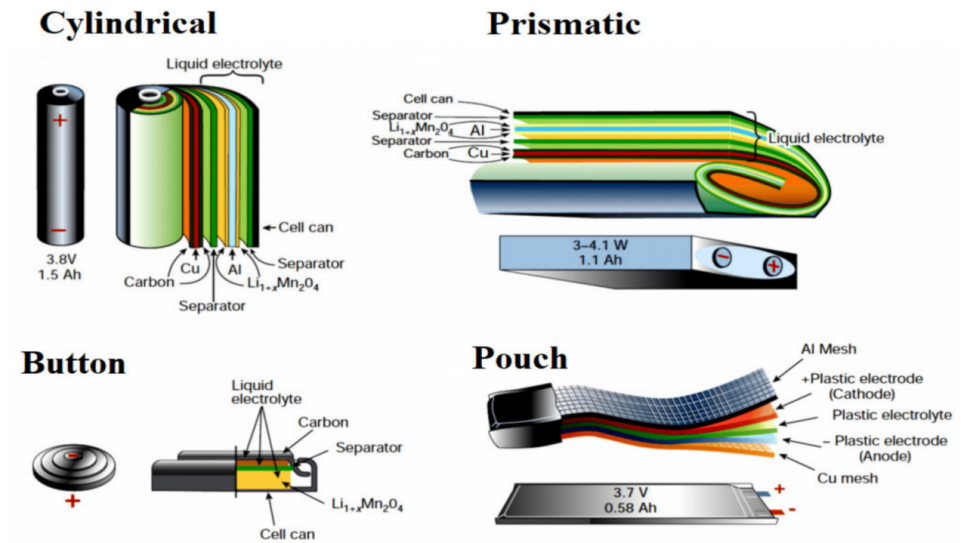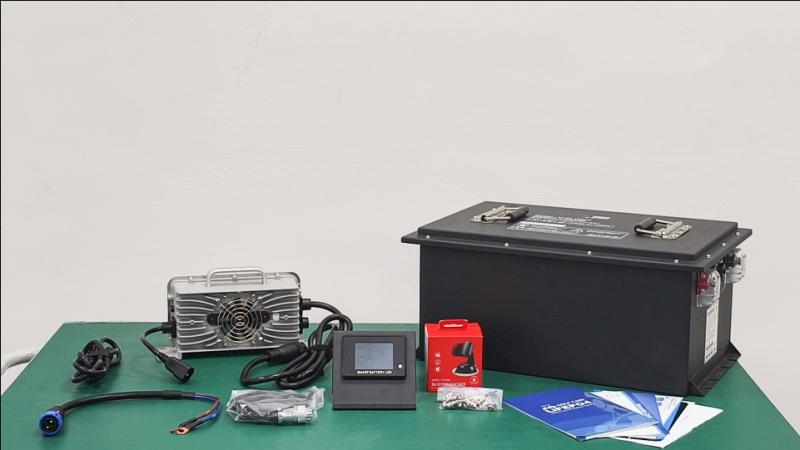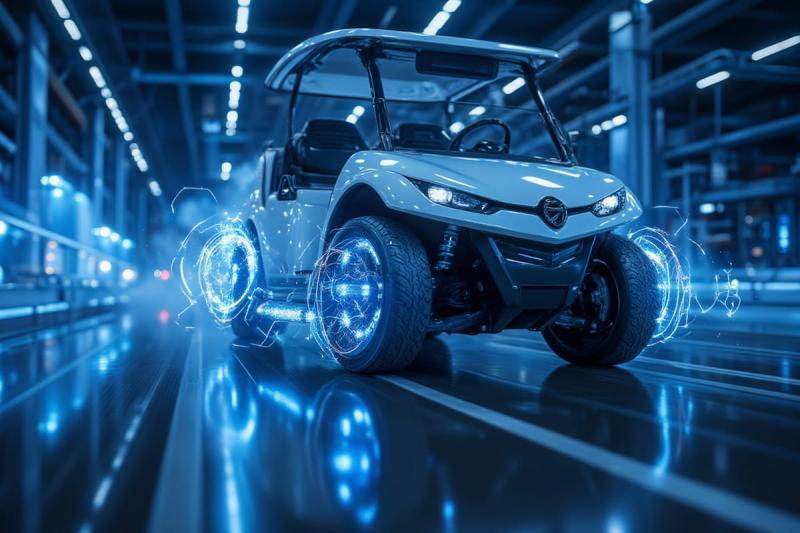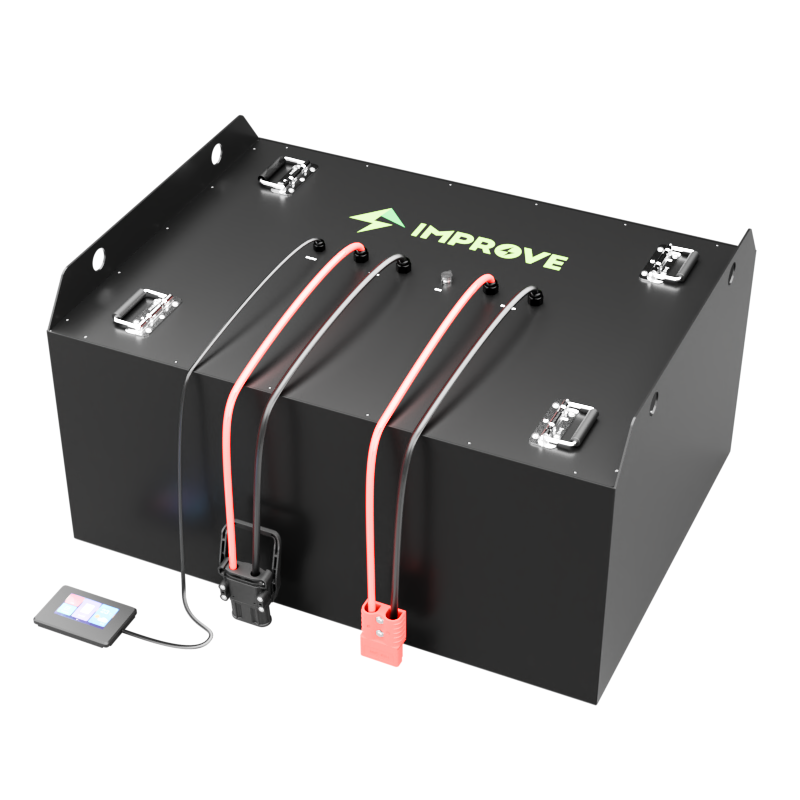LiFePO4 batteries can be used in various types of electric vehicles (EVs), depending on the specific requirements and priorities of the vehicle design. These batteries are well-suited for different types of EVs due to their safety, durability, and other beneficial characteristics. Some electric vehicles that could use LiFePO4 batteries include:
Electric Cars (Compact, Sedans, SUVs): LiFePO4 batteries can be utilized in electric cars designed for urban commuting or longer-range travel. While they might have slightly lower energy density compared to some other lithium-ion chemistries, they offer increased safety, making them a good choice for electric cars where safety is a priority.
Electric Buses: LiFePO4 batteries are suitable for electric buses used for public transportation. The batteries' durability and resistance to thermal runaway make them a reliable choice for buses operating in demanding conditions and stop-and-go city traffic.
Electric Trucks and Vans: LiFePO4 batteries can be used in commercial electric vehicles like delivery vans and trucks. Their safety and long cycle life make them suitable for heavy-duty applications that require reliability and safety.
Electric Scooters and Bikes: LiFePO4 batteries are also used in smaller electric vehicles like scooters and electric bicycles. These batteries provide a safer and more stable power source for personal transportation devices.
Specialized Vehicles: LiFePO4 batteries can power various specialized electric vehicles used in warehouses, industrial settings, or for specific purposes such as golf carts, forklifts, and more.
While LiFePO4 batteries might have a slightly lower energy density compared to some other lithium-ion chemistries, their safety features make them a popular choice, especially in electric vehicles where safety, longevity, and stability are critical factors. Manufacturers often weigh the trade-offs between energy density, safety, and cost to determine the most suitable battery chemistry for their specific application.
Why is lifepo4 battery the Safer Choice for Electric Vehicles?
Lithium Iron Phosphate (LiFePO4) batteries are considered a safer choice for electric vehicles due to several key characteristics:
Chemical Stability: LiFePO4 chemistry is known for its strong chemical bonds and thermal stability compared to other lithium-ion batteries. This stability reduces the likelihood of thermal runaway, a phenomenon where a battery rapidly overheats and can lead to fires or explosions.

Lower Risk of Thermal Runaway: LiFePO4 batteries are less prone to thermal runaway even under harsh conditions like high temperatures or physical damage. This is because they have a higher thermal runaway temperature threshold compared to other lithium-ion chemistries.
Non-Flammable Electrolyte: LiFePO4 batteries typically use a non-flammable electrolyte, which adds another layer of safety compared to some other lithium-ion chemistries that use flammable electrolytes.
Longer Cycle Life: LiFePO4 batteries tend to have a longer cycle life compared to other lithium-ion chemistries. This means they can endure more charge-discharge cycles without significant capacity loss, contributing to their overall reliability and safety.
Environmental Friendliness: LiFePO4 chemistry contains no heavy metals and is generally more environmentally friendly compared to other lithium-ion chemistries, making it a safer and more sustainable option.
However, despite their safety advantages, LiFePO4 batteries have trade-offs in energy density compared to other lithium-ion chemistries like lithium cobalt oxide (LiCoO2) or lithium nickel manganese cobalt oxide (NMC). This means LiFePO4 batteries might have a lower energy density, leading to a heavier and bulkier battery pack for the same energy storage capacity. Nonetheless, their safety features make them a preferred choice for applications where safety is a paramount concern, such as in electric vehicles








